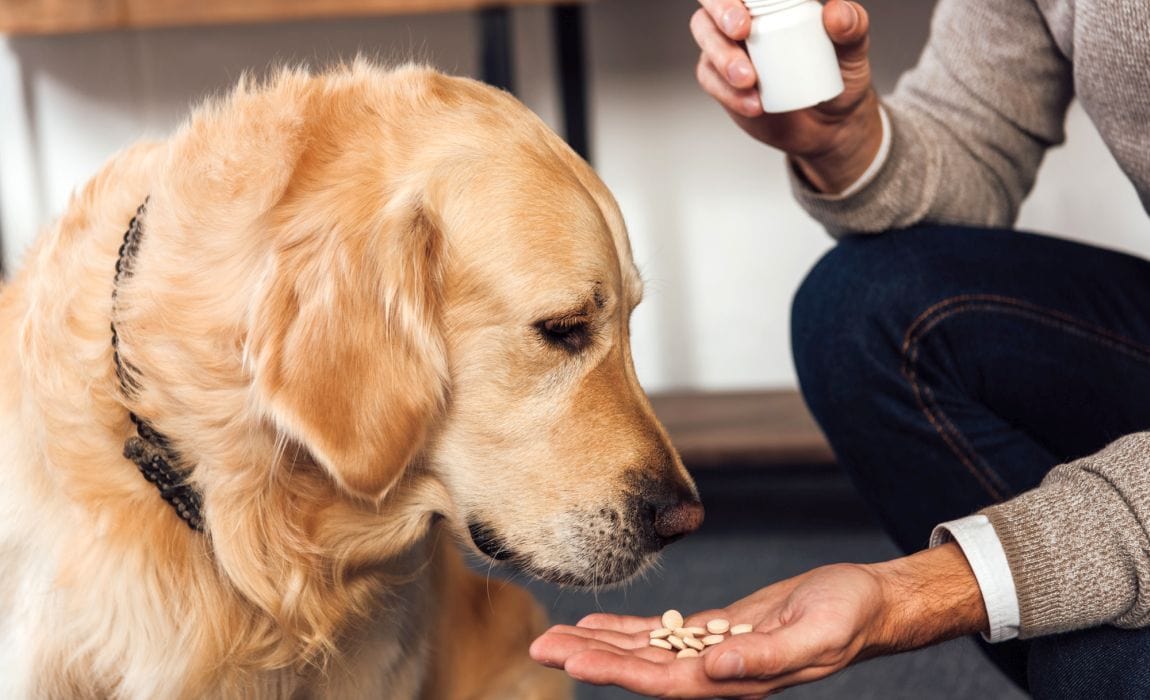A large portion of us has caught wind of probiotics and their possible advantages for the stomach related framework. Each time you take a probiotic supplement, you’re supporting the great microbes in your GI parcel and aiding your resistant framework. However, what you can be sure of is that probiotics can help canines, as well.
For what reason Does Your Dog Need Probiotics?
Probiotics can assist with keeping the microorganisms in your canine’s stomach adjusted, support the defensive layers of the digestive organs and help with typical assimilation and supplement retention.
The gastrointestinal (GI) plot in the two people and canines is basically one long cylinder that incorporates the throat, stomach, small digestive system, and digestive organ. Likewise, around 70% of a canine’s invulnerable framework is related to their GI lot. The little internal organs house the great microbes that are significant for your canine’s wellbeing.
When Should You Give Your Dog Probiotics?
Canines can take probiotics consistently to advance regular stomach-related wellbeing and prosperity.
In any case, there are a few circumstances that might upset the sound microscopic organisms and microbiome in your canine. These conditions include:
Stress (from movement, going to the custodian, life changes, and so forth.)
Deworming
Anti-microbials
Eating from the trash bin
Age
Dietary changes or food sensitivities
Counsel your veterinarian about probiotic supplements explicitly planned for canines. The enhancement you pick ought to be marked with the NASC Quality Seal, which distinguishes items from organizations focused on quality, cautiousness, and nonstop improvement.
Probiotics for canines are accessible in an assortment of structures, including delicate bites, oral gels, glues, and powders. They can be given as a treat or blended into food.
What Are the Possible Side Effects of Probiotics for Dogs?
While probiotics are a typical enhancement pet people give their canines, there might be potential yet interesting incidental effects, including regurgitating and the runs. To keep away from these incidental effects, talk with your vet about how to best acquaint probiotics with your canine. Consider beginning gradually with lower measurements, yet consistently make a point to peruse the name cautiously.
And Prebiotics for Dogs?
It’s anything but a grammatical error — there is a contrast between probiotics and prebiotics. Probiotics commonly incorporate various kinds of live helpful microorganisms that help great GI wellbeing. Conversely, prebiotics is a kind of fiber that takes care of the great microorganisms in the stomach to assist them with prospering. Numerous probiotics accompany prebiotics in them to use the advantages of both.
Probiotics and prebiotics may not be basic to your canine’s wellbeing, yet they can uphold digestive prosperity and assist with keeping a sound microbial equilibrium in canines.

